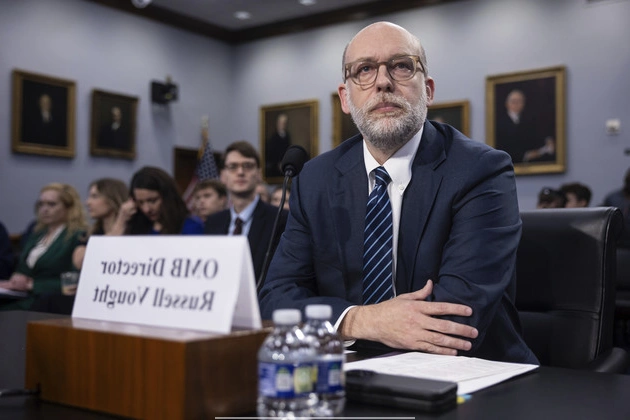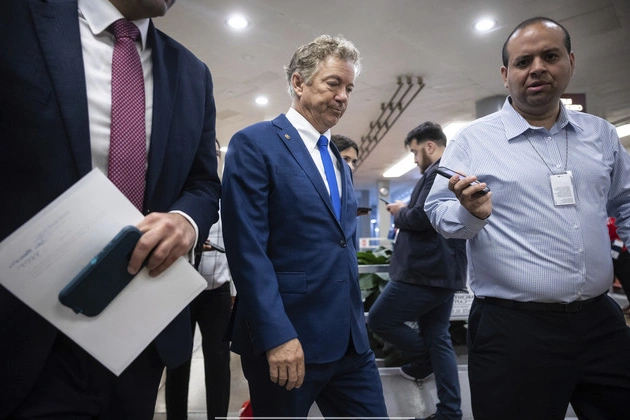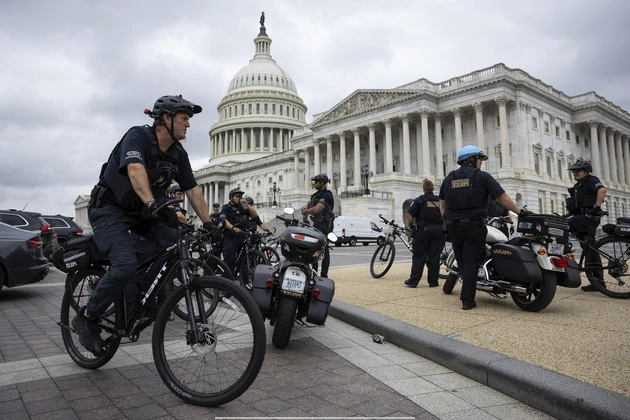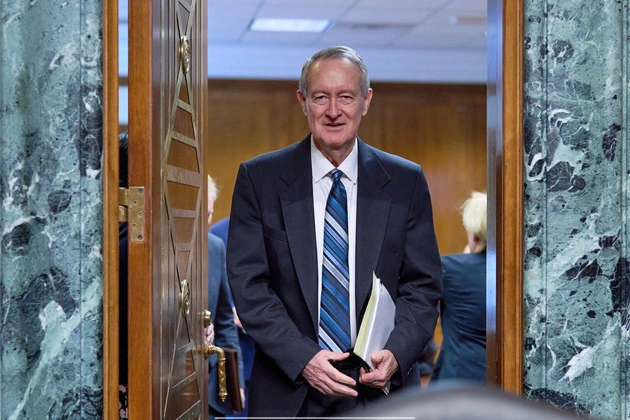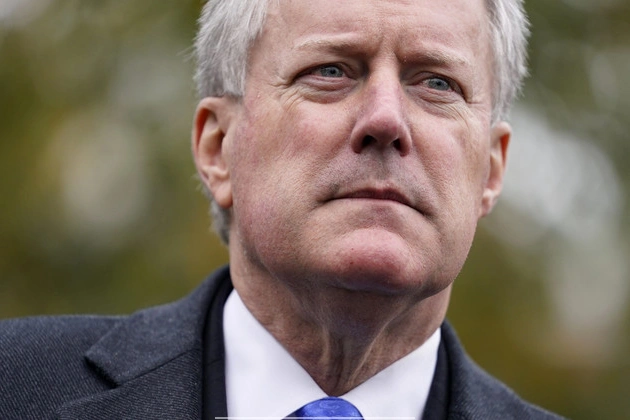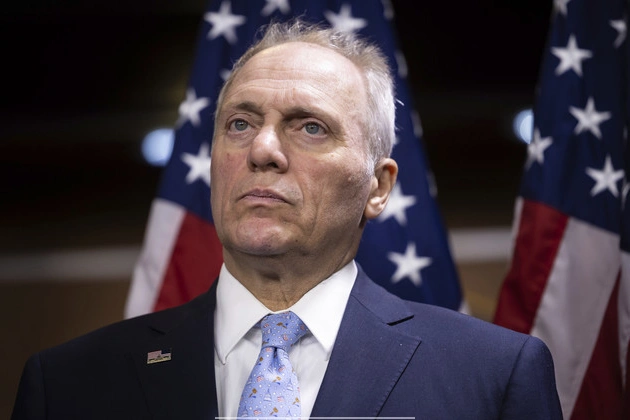
President Donald Trump is calling on Congress to address a significant cut to the District of Columbia’s budget, with Speaker Mike Johnson taking the lead on procedural matters, as per White House officials.
Following the Senate’s approval of a bill backed by Trump to restore up to $1.1 billion in local funding, the focus shifts to the House for further action. The president’s confidence in Speaker Johnson’s bipartisan approach is evident, though the process is expected to involve intricate negotiations behind the scenes.
Addressing Oversight and Potential Solutions
White House insiders have cited the budget cut as an oversight that requires rectification. While the administration isn’t exerting direct pressure on House GOP leaders, Trump remains open to mobilizing support for the fix, aiming to bridge divides and maintain essential services in the capital.
One key aspect driving Trump’s interest in the budget fix is extending an olive branch to Washington Mayor Muriel Bowser. Despite differing views on certain issues, Bowser’s cooperation in this matter has been acknowledged positively by the White House.
Implications of Delayed Action
Without prompt resolution, the budget shortfall could lead to significant cuts in crucial areas like law enforcement, infrastructure, and education. The urgency to enact corrective measures is underscored by the potential impact on public services and community well-being.
While House Republicans navigate funding bills to prevent a government shutdown, the absence of provisions for District spending has raised concerns and prompted calls for swift action to avoid disruptions. The unexpected nature of the funding omission has prompted lawmakers to reevaluate their approach and ensure a comprehensive solution.
Collaborative Efforts and Future Prospects
Speaker Johnson faces the challenge of rallying support within his party to advance the bill and secure necessary approvals. The evolving dynamics within the House necessitate strategic planning to navigate potential roadblocks and secure a favorable outcome for Washington DC.
As external pressures mount, including public advocacy and presidential engagement, the path to resolving the budget issue becomes increasingly complex. Balancing competing priorities and ensuring equitable resource allocation are central to the ongoing discussions among policymakers.






